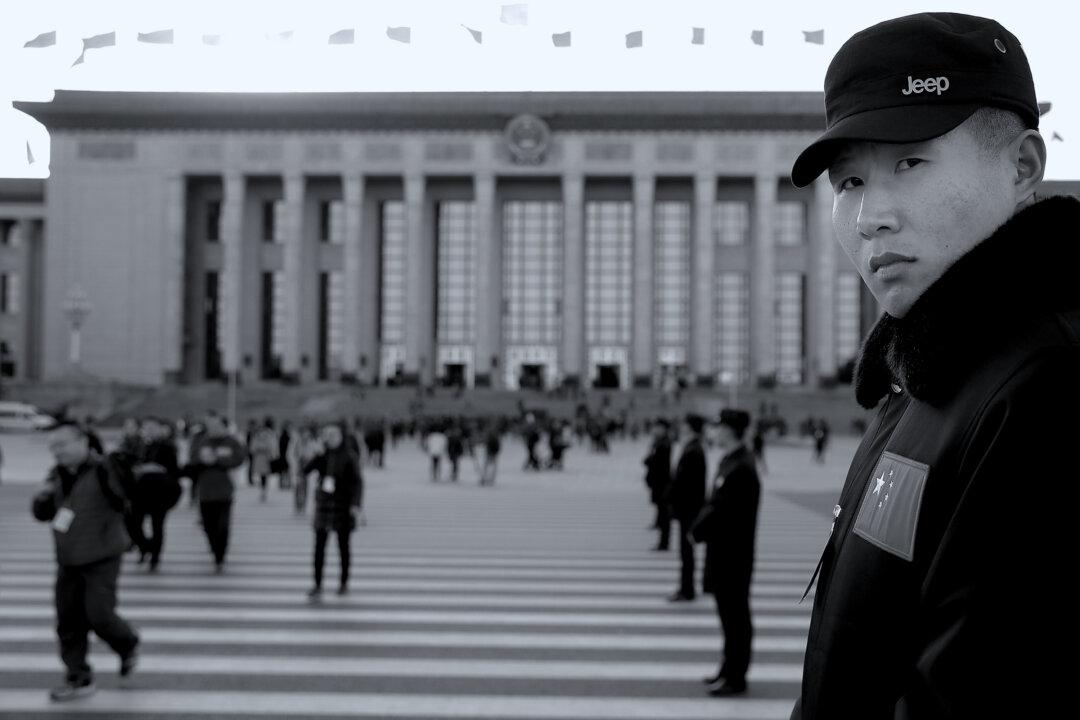Beijing began hosting the Chinese Communist Party’s so-called Two Sessions on March 3, the political meetings held by two of the Party’s auxiliary instruments: the National People’s Congress, a kind of faux legislature, and the awkwardly titled Chinese People’s Political Consultative Congress (CPPCC), which is supposed to provide sage input into Party policies.
All the regime’s leaders attended the opening session of the CPPCC at 3 p.m. in Beijing’s Great Hall of the People, including Xi Jinping, the Party boss, Premier Li Keqiang, and other members of the Politburo. Over 2,100 members of the advisory body later held their annual meeting.
The focus of the events this year was to continue “in-depth reform,” promoting the rule of law (with the Party in charge, of course), and “strengthening socialist democratic politics,” according to Yu Zhengsheng, the chairman of the advisory body. The bland political slogans are somewhat covered by the title The Four Comprehensives, which attempt to give a more meaningful aura to what are fairly pedestrian policy goals.
Yu declared in the CPPCC’s work report that China is going to “continue the anti-corruption campaign unswervingly,” in order to build a clean and honest Party and government. State-run media outlets pointed out that it was the first time in 20 years that the chairman of the conference has explicitly spoken of anti-corruption in such a work report.




